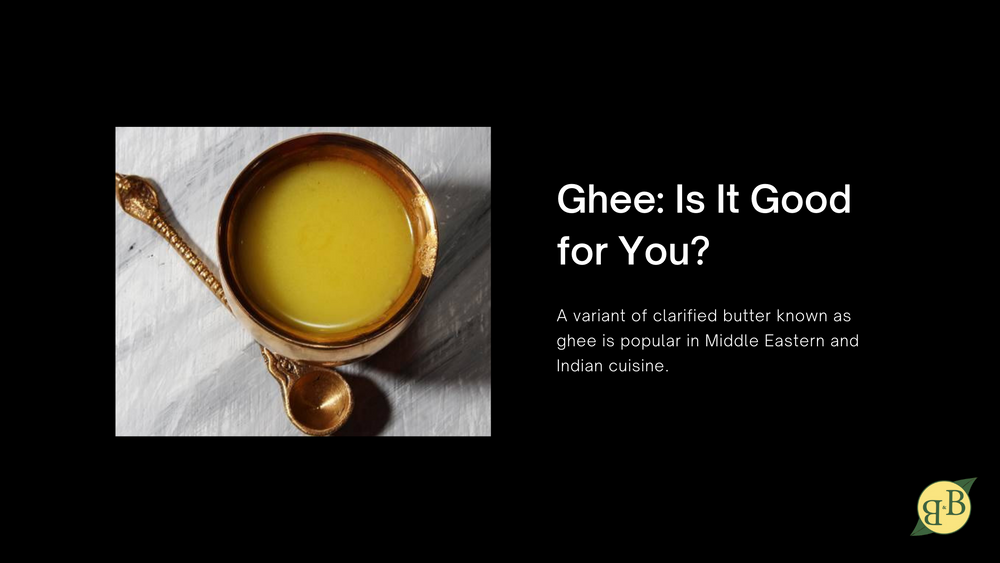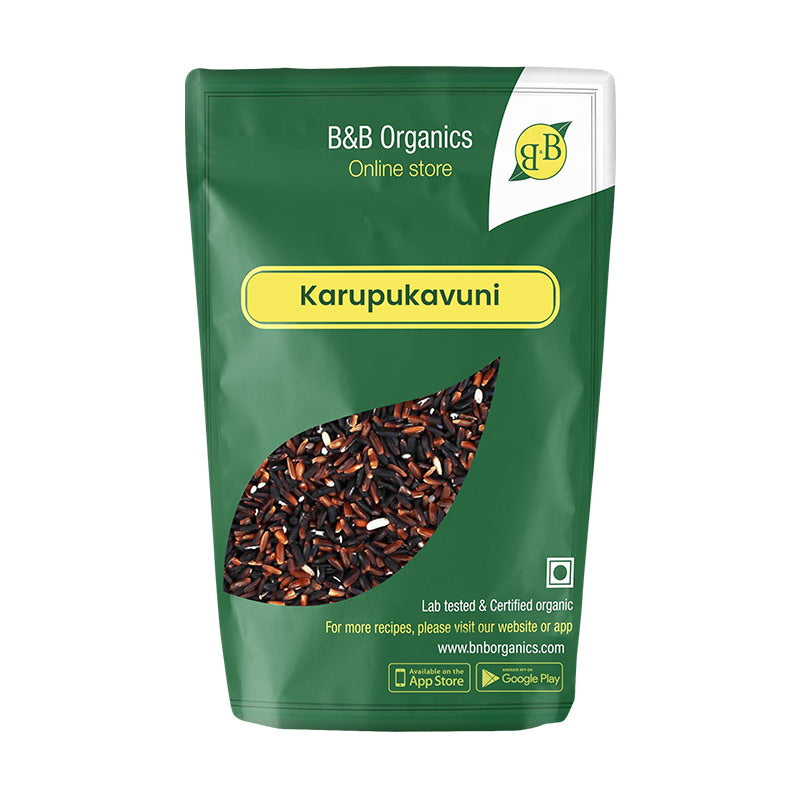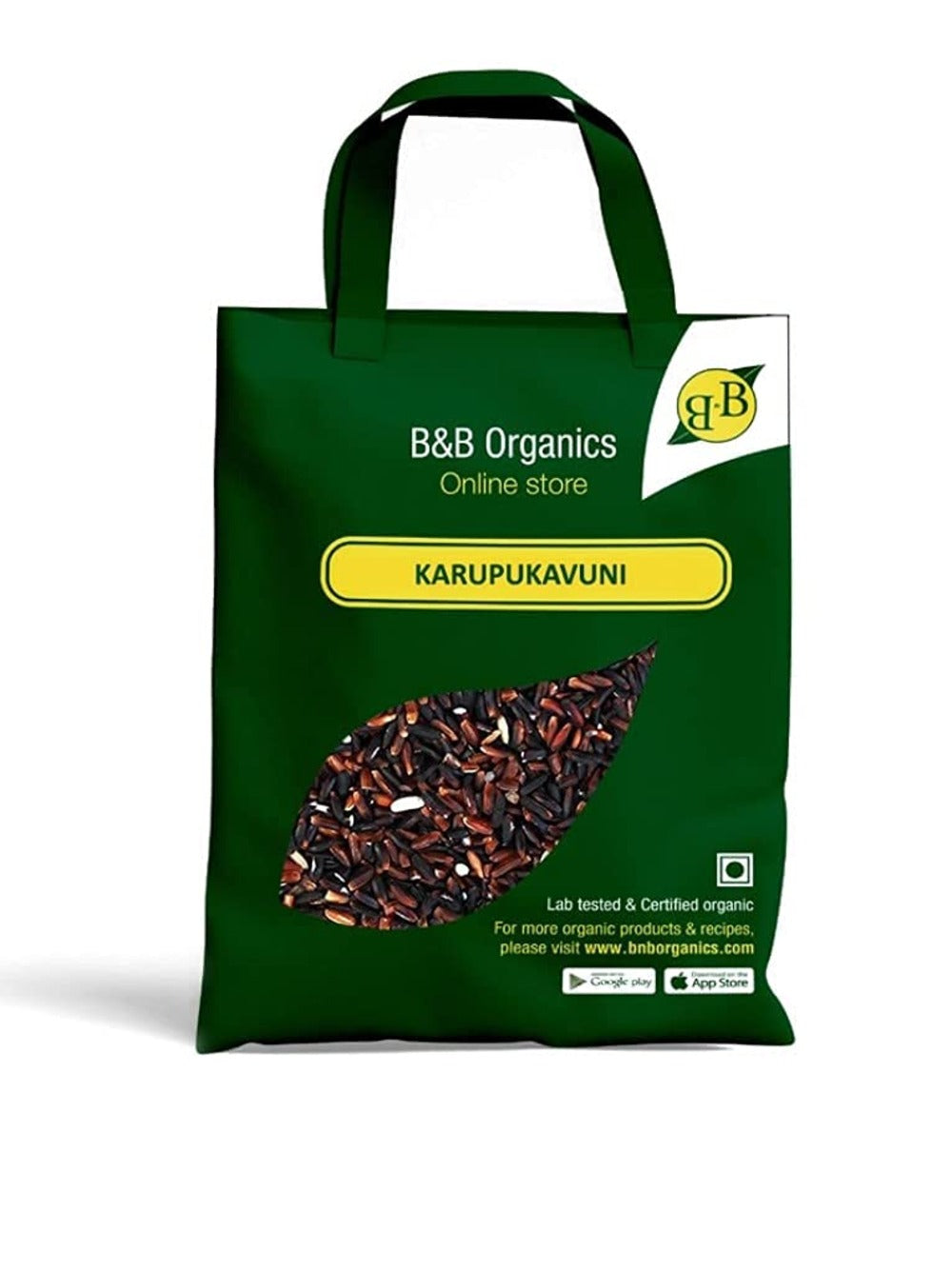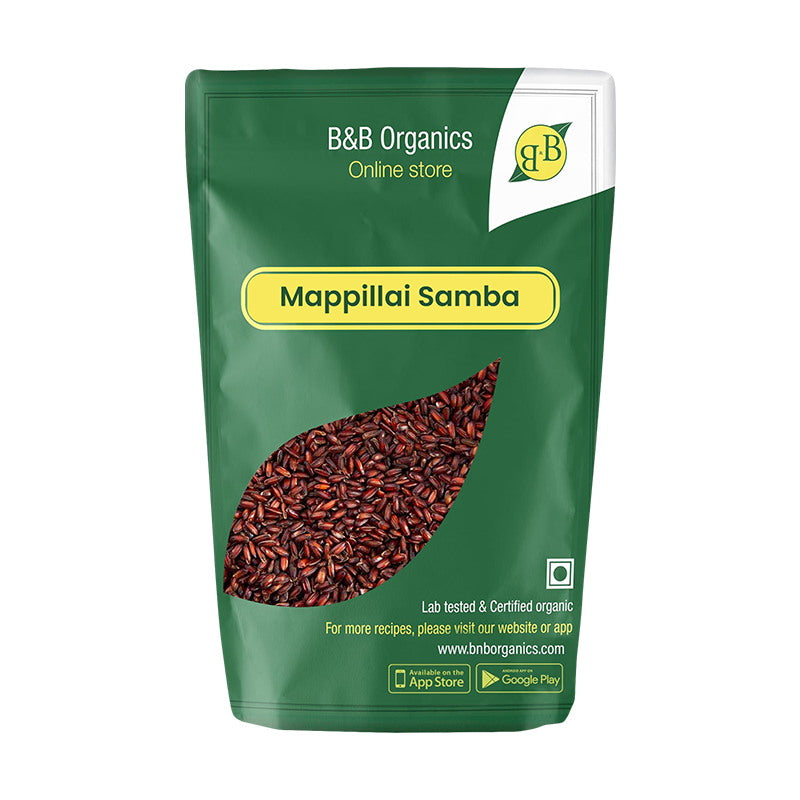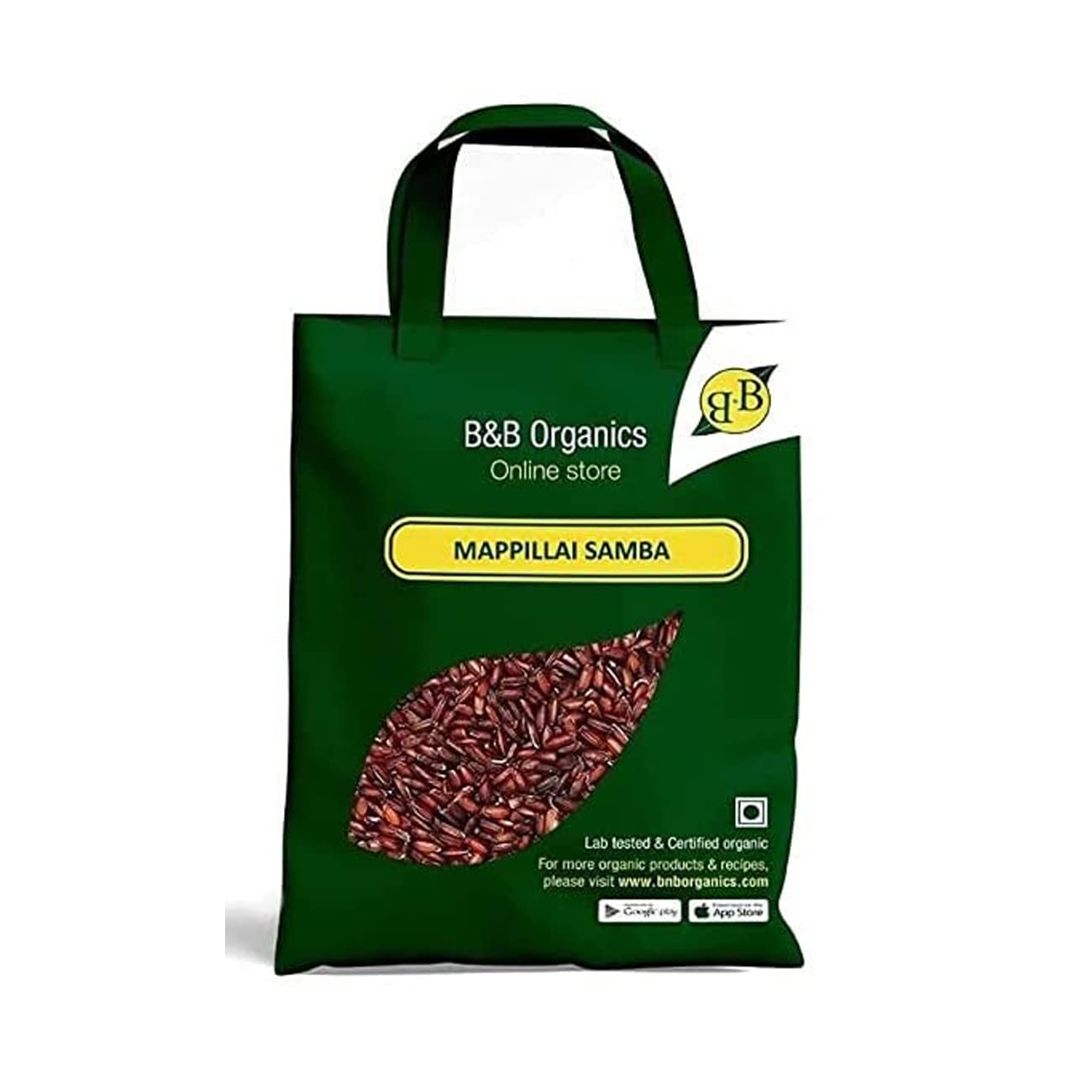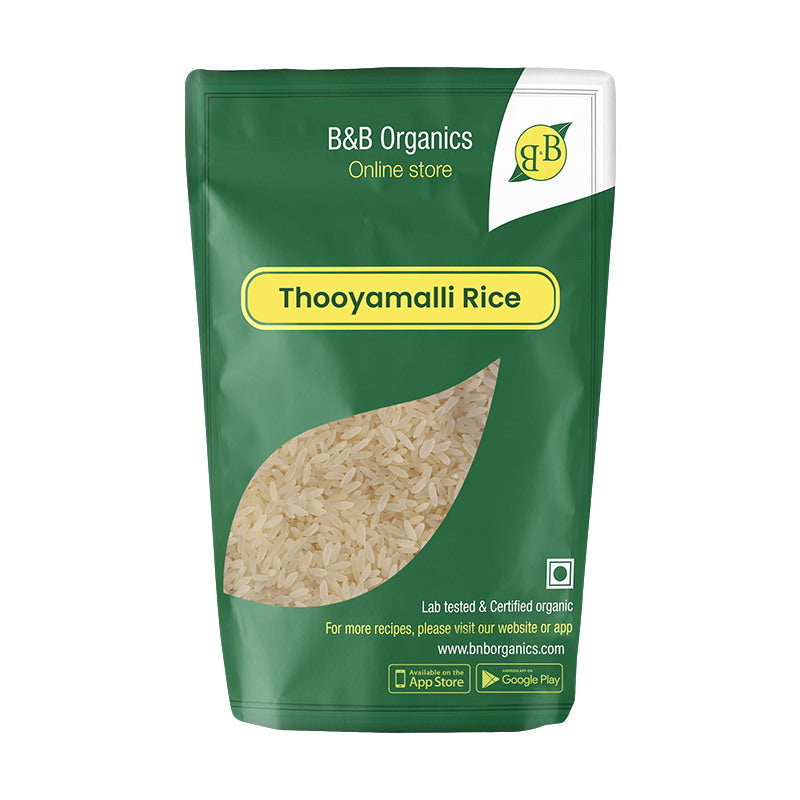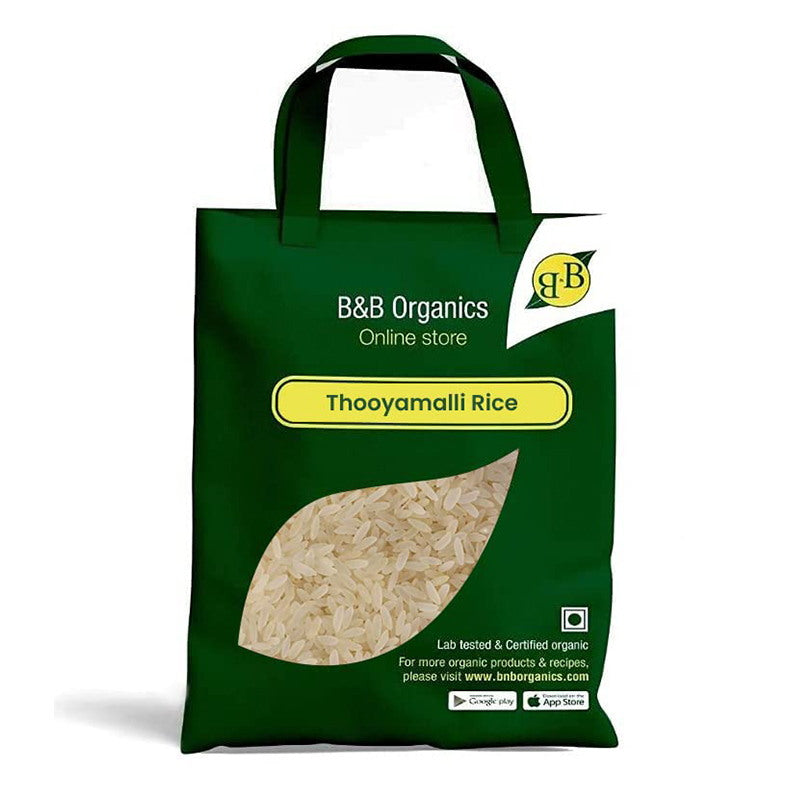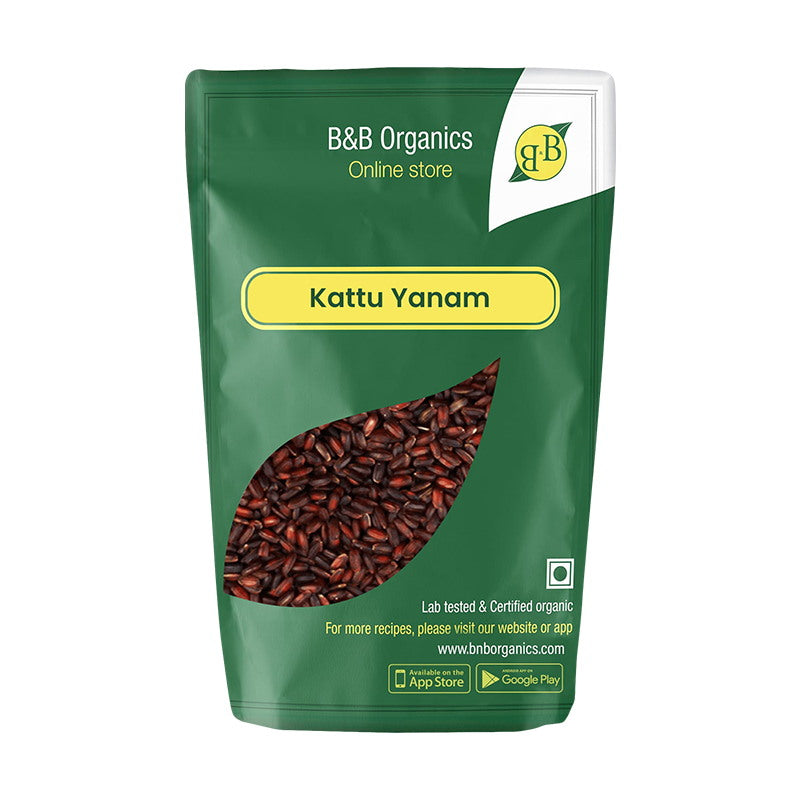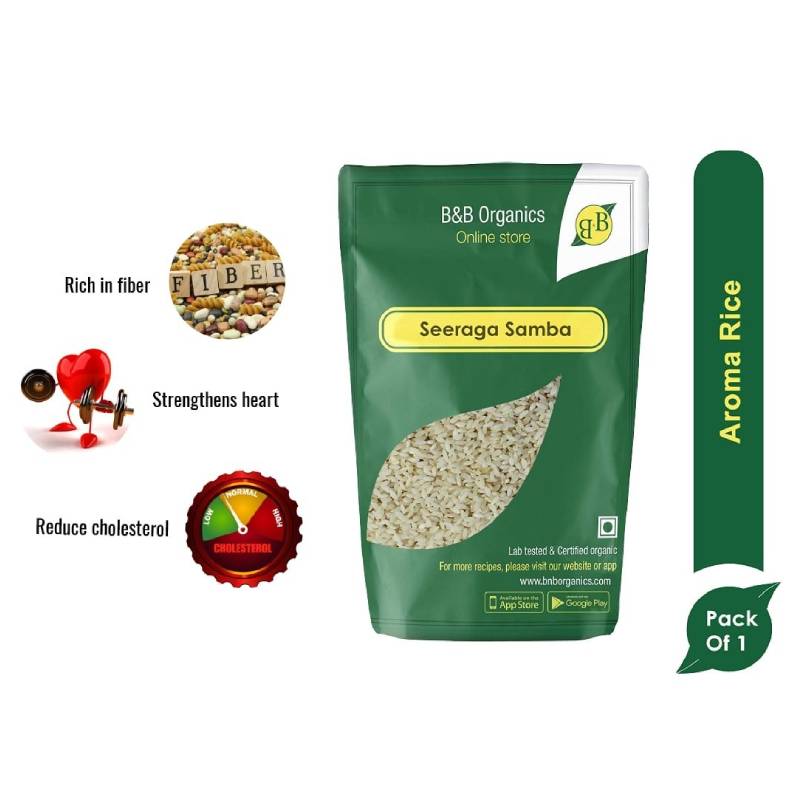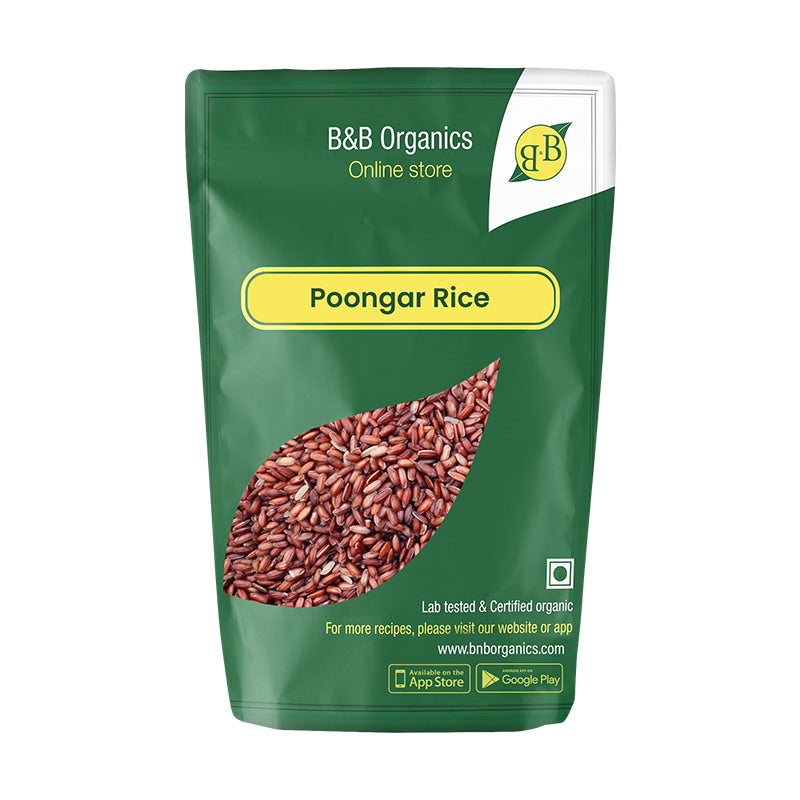A variant of clarified butter known as ghee is popular in Middle Eastern and Indian cuisine. It is produced from butter that has been treated with low flame to eliminate the water and retain the milk solids. If required, the solids are scraped off or strained. Ghee, a liquid fat that has been purified, is the sole thing that is left. Ghee retains more nutrients than normal clarified butter as it's cooked at low flame, often under 100 °.
Ayurveda is a centuries-old alternative form of medicine used in India that mixes ghee with natural supplements. Ghee has recently gained appeal as a healthy substitute for conventional butter, in addition to its claimed spiritual and medicinal effects. Although there are more academic studies confirming its

medical benefits, additional study is still necessary.
Ghee's potential health advantages:
Antioxidants, vitamins, and healthful fats are plentiful in ghee. Studies have shown that eating fatty foods like ghee can help the body in obtaining certain vital minerals and vitamins, and although fat must be consumed in limit. Ghee can enhance the nutrient's absorption if used to cook vegetables and healthy meals.
Eating ghee could result in the these health advantages, as per studies:
Anti-Inflammatory Properties:
Ghee has been applied topically in traditional Ayurvedic medicine to treat inflammation and burns. Ghee does contain butyrate, a fatty acid with proven anti-inflammatory effects, though this hasn't been medically proven. As per research, the butyrate in ghee can reduce bodily swelling.
Reduce Obesity:
Ghee is high in conjugated linoleic acid, or CLA. Research suggests that CLA may aid in the battle against obesity. As per studies, the CLA in ghee may help to prevent excess weight gain. Some people's fat mass can be decreased with its assistance.
Maintaining Cardiovascular Health:
Ghee has a great deal of fat, but it also has a lot of monounsaturated Omega-3 fatty acids. These essential fats aid in keeping a fit circulatory system and heart. Research indicates that adding ghee in a healthy diet might help to lower

harmful cholesterol.
Ghee Risks:
Ghee must be used sparingly as a component of a nutritious diet as it's so packed with fat. While picking the correct nutritional choices for you, talk to your physician.
Prior to incorporating ghee into your diet, remember the following tips:
Cardiovascular Disease:
Though ghee can assist decrease the likelihood of cardiovascular disease if consumed in excess, eating too much saturated fat can raise that risk. By incorporating ghee to their diets, people with the other risk factors for cardiovascular disease must use care.
Gaining Weight:
Ghee is a calorie-dense food that is packed with fat, and although research indicates that the CLA in it can help some people avoid putting on weight. Despite its health benefits, excessive ghee use can increase excess weight and raise the likelihood of obesity.


